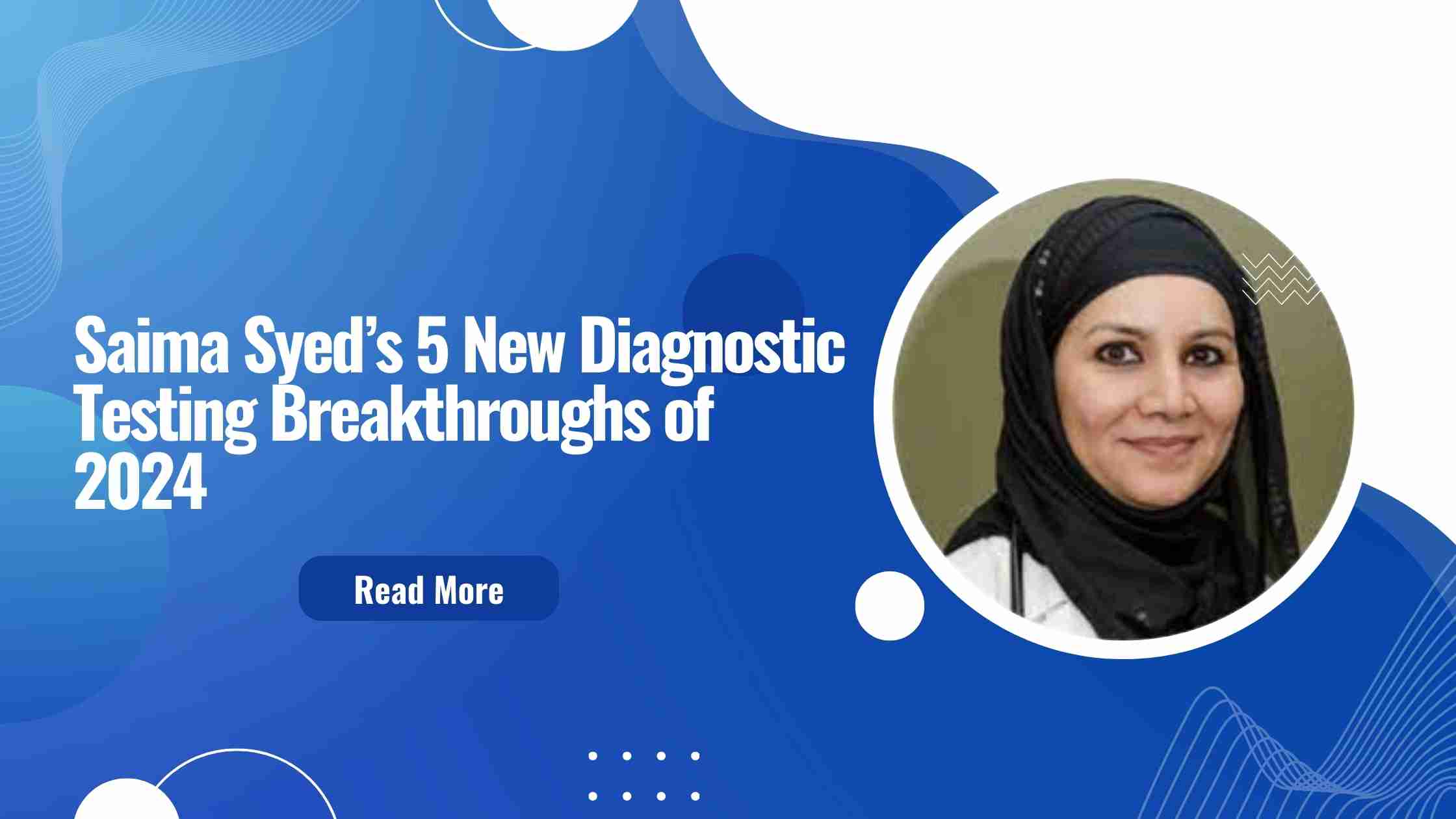Geriatric care requires a comprehensive and compassionate approach to address the unique needs of the elderly. Saima Syed, a seasoned expert in senior healthcare, highlights four holistic methods that can significantly enhance the quality of life for older adults. By integrating these four holistic approaches, healthcare providers can offer more comprehensive and compassionate care for geriatric patients. Saima Syed’s insights highlight the importance of addressing physical, mental, and social needs to ensure a higher quality of life for older adults.
1. Comprehensive Health Assessments
A cornerstone of holistic geriatric care is conducting thorough health assessments that encompass physical, mental, and emotional well-being. Regular check-ups should evaluate chronic conditions, medication management, cognitive function, and emotional health. By taking a comprehensive view, healthcare providers can develop personalized care plans that address the multifaceted needs of elderly patients. This approach ensures that all aspects of health are monitored and managed, leading to better overall outcomes.
2. Integrative Therapies
Integrative therapies, such as physical therapy, occupational therapy, and alternative treatments like acupuncture and massage, play a crucial role in geriatric care. These therapies can help manage pain, improve mobility, and enhance overall well-being. Saima Syed advocates for incorporating these therapies into standard care routines to provide a more holistic treatment plan. By addressing physical discomfort and promoting relaxation, integrative therapies can significantly improve the quality of life for older adults.
3. Mental Health Support
Mental health is a critical component of geriatric care that often goes overlooked. Depression, anxiety, and cognitive decline are common among the elderly, and addressing these issues is essential for holistic care. Providing access to counseling, support groups, and mental health professionals can help older adults manage these challenges. Saima Syed emphasizes the importance of regular mental health screenings and interventions to support the emotional and psychological well-being of elderly patients.
4. Social and Community Engagement
Maintaining social connections and staying engaged with the community is vital for the mental and emotional health of older adults. Encouraging participation in social activities, volunteering, and community programs can help combat loneliness and isolation. Saima Syed suggests creating opportunities for social interaction through group activities, family involvement, and community events. This approach not only enhances emotional well-being but also fosters a sense of belonging and purpose among the elderly.
Visit: https://www.zocdoc.com/doctor/saima-syed-md-17514






